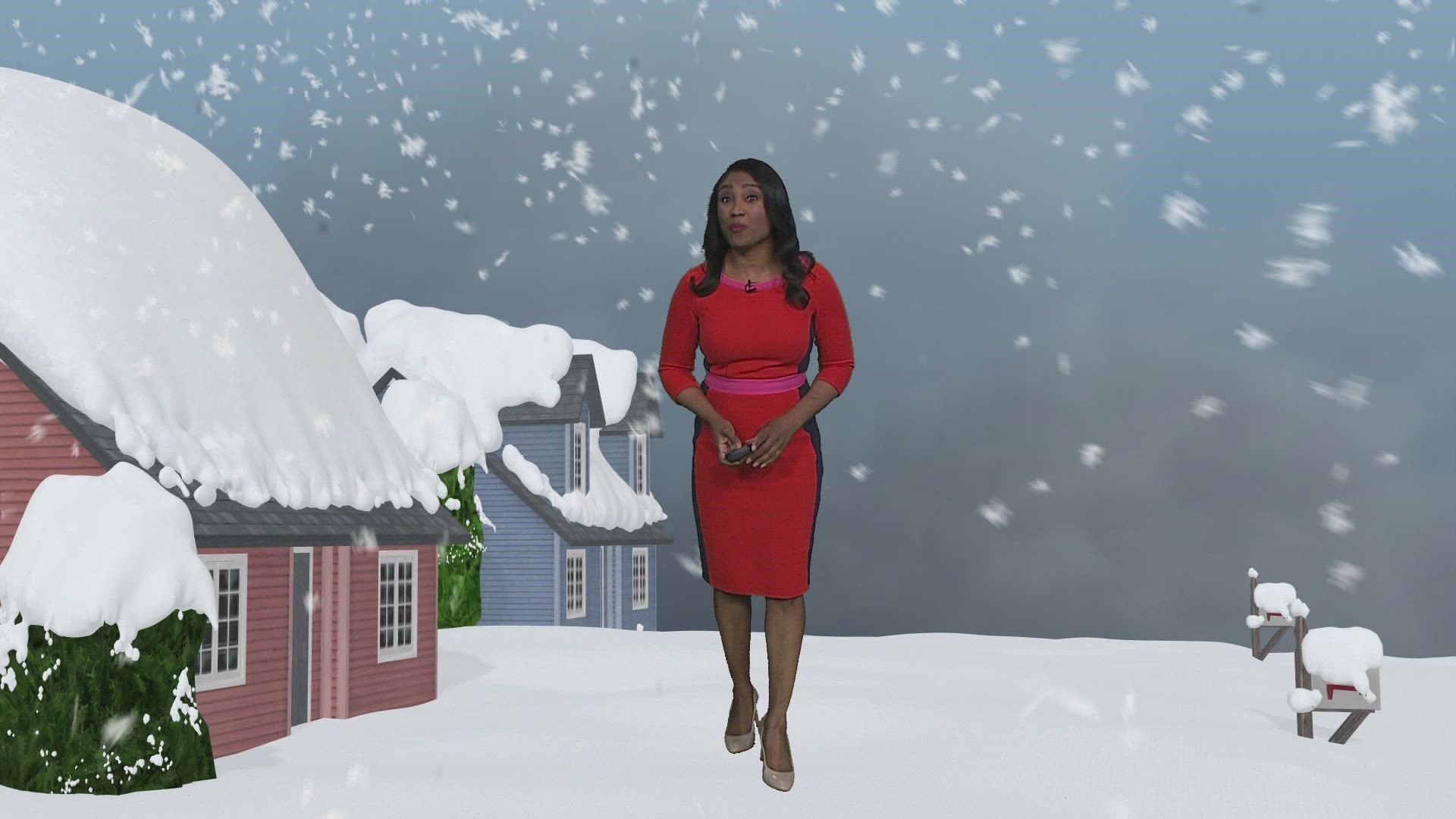WASHINGTON — The brutally cold temperatures of winter can do more than have us reaching for a coat and a hot cup of coffee. It can also impact our health.
One of the most noted ways winter weather impacts health is by changing blood pressure. Doctors say when the temperatures go down our blood pressure goes up.
"Everybody's blood pressure will be little bit higher in the winter than it is in the summer months," said Dr. Allen Taylor, chairman of cardiology at MedStar Health. "It can be a big difference for patients who have hypertension or high blood pressure."
The cold weather causes our blood vessels to narrow in a process called vasoconstriction. More pressure is needed to get the blood through the smaller vessels. While this process aids in retaining body heat, it also raises our blood pressure. Blood flow to the skin is reduced in order to retain heat in our body's core.
But don't blame it all on the cold. Dr. Taylor said there are other contributing factors.
"People's habits change, they don't exercise as much," the doctor said. "They eat differently, they drink differently. It's important to know that while it could be the temperature our habits influence blood pressure in the winter."
Medication may also play a role in a higher blood pressure.
"Things that are common in cold medication can also influence it," Taylor said. "The decongestants or some of the other anti-pain medications."
Dr. Taylor said that treatment for blood pressure starts with lifestyle, exercise, diet and watching your salt intake. He said it's good to know your winter blood pressure and recommends checking your blood pressure at home. If you notice any unusual swings, he advises checking with your doctor.
Sign up for the Get Up DC newsletter: Your forecast. Your commute. Your news.
Sign up for the Capitol Breach email newsletter, delivering the latest breaking news and a roundup of the investigation into the Capitol Riots on January 6, 2021.

